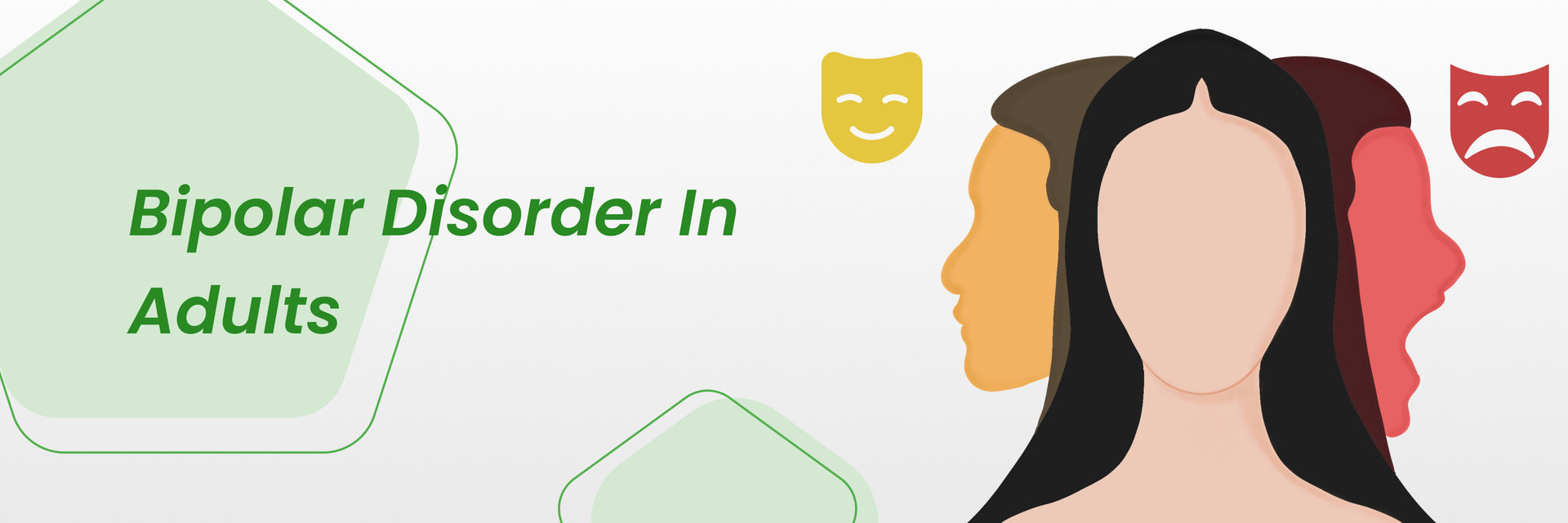Overview
When considering overall health, many tend to separate physical wellness from mental well-being, often overlooking the intricate connections that bind the two. One surprising but crucial link lies in the relationship between oral health and mental health. The condition of your mouth the gateway to your body can significantly influence your mood, cognitive function, and emotional stability. This article explores how oral health impacts mental well-being and why nurturing your smile is more than just a cosmetic concern.
The Mouth as a Mirror of Mental Health
The mouth is more than just a tool for eating and speaking; it often reflects the state of one’s mental health. Stress, anxiety, and depression can manifest physically in the oral cavity, revealing signs that might otherwise go unnoticed.
Stress and Its Oral Symptoms
Stress is a common mental health challenge that can take a toll on oral health. People under chronic stress may experience teeth grinding (bruxism), which can lead to worn enamel, jaw pain, and headaches. Additionally, stress can reduce saliva production, resulting in dry mouth, which increases the risk of cavities and gum disease.
Moreover, stress-induced habits such as nail-biting, cheek chewing, or neglecting oral hygiene routines can exacerbate dental problems. Recognizing these signs early can help in managing both oral and mental health more effectively. Furthermore, the connection between stress and oral health is not just a one-way street; poor oral health can also contribute to increased stress levels. For instance, dental pain or discomfort can lead to heightened anxiety, creating a feedback loop that can be challenging to break. This cyclical relationship underscores the importance of addressing both mental and oral health in a holistic manner. For professional support, you can visit a Kellyville dentist who provides personalized dental care for all ages, offering high-quality treatments to keep your family’s smiles healthy and bright.
Depression and Oral Hygiene Neglect
Depression often leads to diminished motivation and energy, which can result in poor oral hygiene practices. Individuals experiencing depression may skip brushing or flossing, leading to plaque buildup, gum inflammation, and tooth decay. This neglect can create a vicious cycle, as worsening oral health may further impact self-esteem and social interactions, deepening feelings of isolation and sadness.
In addition to neglecting daily hygiene, depression can also influence dietary choices, leading to increased consumption of sugary or unhealthy foods that further compromise oral health. The emotional toll of depression can make it difficult to prioritize self-care, including regular dental check-ups. As a result, individuals may find themselves in a state of deteriorating oral health, which can exacerbate the symptoms of depression. Understanding this interplay is crucial for healthcare providers, as addressing oral health issues can be an integral part of a comprehensive treatment plan for those struggling with mental health challenges.
How Oral Health Influences Mental Well-being
While mental health can affect oral health, the reverse is equally true. Poor oral health has been linked to a variety of mental health issues, including anxiety, depression, and cognitive decline.
Chronic Pain and Psychological Distress
Dental problems such as toothaches, infections, and gum disease can cause persistent pain, which significantly affects quality of life. Chronic oral pain may lead to irritability, sleep disturbances, and difficulty concentrating, all of which contribute to increased anxiety and depressive symptoms.
The discomfort from oral diseases can also hinder eating and speaking, leading to social withdrawal and lowered self-confidence. This isolation can intensify feelings of loneliness and exacerbate mental health struggles. Furthermore, individuals experiencing chronic oral pain may find themselves avoiding social situations, fearing judgment or embarrassment over their condition, which can create a vicious cycle of isolation and worsening mental health. For comprehensive care, consider a visit to Shire Doctors and Dentists, where they take pride in providing an extensive array of medical treatments, offering you a wealth of expertise, all conveniently available under one roof.
Inflammation: A Biological Bridge
Scientific research has identified inflammation as a common denominator linking oral health and mental well-being. Gum disease, or periodontitis, is characterized by chronic inflammation in the mouth. This inflammation can release harmful bacteria and inflammatory molecules into the bloodstream, potentially affecting brain function.
Studies have found associations between periodontitis and cognitive disorders such as Alzheimer’s disease and other forms of dementia. While the exact mechanisms are still being explored, it is believed that systemic inflammation originating from oral infections may contribute to neuroinflammation, impacting memory and cognition. Additionally, the psychological stress of managing chronic oral health issues can further exacerbate inflammation, creating a feedback loop that complicates both oral and mental health. This highlights the importance of a holistic approach to health, where treating oral conditions may also alleviate some mental health symptoms.
The Psychological Impact of Oral Appearance
Beyond physical health, the appearance of one’s teeth and smile plays a significant role in mental well-being. The social and psychological effects of oral aesthetics can influence self-esteem, social interactions, and overall happiness. The connection between oral health and psychological state is often underestimated, yet it is a crucial aspect of holistic health that deserves attention.
Self-Esteem and Confidence
A healthy, attractive smile is often associated with confidence and positive social perception. Conversely, dental issues such as discoloration, missing teeth, or misalignment can cause embarrassment and self-consciousness. This can lead individuals to avoid smiling, speaking, or engaging in social activities, which may contribute to social anxiety and lowered self-worth. The impact of this can be profound; studies have shown that individuals with perceived dental imperfections often report lower levels of life satisfaction and increased feelings of inadequacy.
Improving oral appearance through dental treatments can have profound psychological benefits, boosting confidence and encouraging more active social participation. Treatments such as teeth whitening, braces, or veneers can not only enhance physical appearance but also serve as a catalyst for personal transformation. Many individuals report a renewed sense of self and an eagerness to engage in social situations after undergoing dental procedures, highlighting the deep-rooted connection between oral health and emotional well-being.
Social Anxiety and Oral Health
People who are unhappy with their oral health may develop social anxiety, fearing judgment or rejection based on their teeth or breath. This fear can limit social interactions, professional opportunities, and even romantic relationships. Over time, social withdrawal can deepen feelings of loneliness and depression. The stigma surrounding dental issues can exacerbate these feelings, as individuals may feel isolated in their struggles, believing that they are the only ones facing such challenges.
Addressing dental concerns and seeking support for social anxiety can help break this cycle, improving both oral and mental health outcomes. Engaging in therapy or support groups can provide individuals with coping strategies and a sense of community, while pursuing dental care can lead to tangible improvements in self-image. Furthermore, educational initiatives that promote awareness about the psychological effects of oral health can empower individuals to seek help and foster a more supportive environment where discussions about dental aesthetics are normalized, reducing stigma and encouraging proactive care.
Practical Steps to Support Both Oral and Mental Health
Understanding the link between oral health and mental well-being highlights the importance of integrated care. Here are practical strategies to nurture both aspects of health effectively.
Maintain a Consistent Oral Hygiene Routine
Brushing twice daily with fluoride toothpaste, flossing regularly, and visiting the dentist for routine check-ups are foundational practices. These habits help prevent dental problems that could contribute to pain, inflammation, and psychological distress.
For individuals struggling with mental health challenges, establishing a simple and manageable oral care routine can be an important step toward overall wellness.
Manage Stress and Mental Health Proactively
Incorporating stress-reduction techniques such as mindfulness, meditation, exercise, and adequate sleep can improve both mental and oral health. Seeking professional help when experiencing symptoms of anxiety, depression, or other mental health conditions is crucial.
Therapists, counselors, and support groups can provide valuable resources and coping strategies that positively influence oral health behaviors and outcomes.
Address Oral Health Issues Promptly
Ignoring dental pain or problems can worsen both physical and mental health. Early intervention for cavities, gum disease, or other oral conditions can prevent complications and reduce the risk of systemic inflammation that may impact brain health.
Communicating openly with dental care providers about any mental health concerns can also help tailor treatments that consider emotional well-being.
Promote Healthy Lifestyle Choices
A balanced diet rich in vitamins and minerals supports strong teeth and gums while also benefiting brain function. Limiting sugar intake reduces the risk of cavities and inflammation. Avoiding tobacco and excessive alcohol consumption further protects oral and mental health.
Physical activity not only improves mood but also enhances circulation, which benefits oral tissues and cognitive function.
Emerging Research and Future Directions
Ongoing research continues to unravel the complex interactions between oral health and mental well-being. Advances in understanding the oral microbiome the community of bacteria living in the mouth may reveal new insights into how these microbes influence brain health and mood disorders.
Innovative treatments targeting inflammation and bacterial balance could potentially serve as adjunct therapies for mental health conditions. Additionally, integrated healthcare models that bring together dental and mental health professionals are gaining traction, emphasizing holistic patient care.
Potential for Early Detection
Because oral symptoms often precede or accompany mental health changes, dentists may play a vital role in early detection of psychological distress. Training dental professionals to recognize signs of anxiety, depression, or cognitive decline could facilitate timely referrals and interventions.
Holistic Health Approaches
The future of healthcare increasingly embraces a holistic approach, acknowledging the interconnectedness of body systems. Oral health is a critical component of this paradigm, underscoring the need for collaborative care that addresses both physical and mental aspects of health.
Conclusion
The intricate relationship between oral health and mental well-being is a testament to the body’s interconnected nature. Neglecting oral care can have far-reaching effects beyond the mouth, influencing mood, cognition, and social engagement. Conversely, mental health challenges can manifest physically in the oral cavity, creating a bidirectional cycle that affects overall quality of life.
By recognizing and addressing this link, individuals can take proactive steps to nurture both their smiles and their minds. Regular dental care, stress management, healthy lifestyle choices, and seeking professional support when needed are all essential components of a comprehensive wellness strategy.
Ultimately, embracing the connection between your mouth and mind empowers you to achieve a healthier, happier life one smile and one thought at a time.






